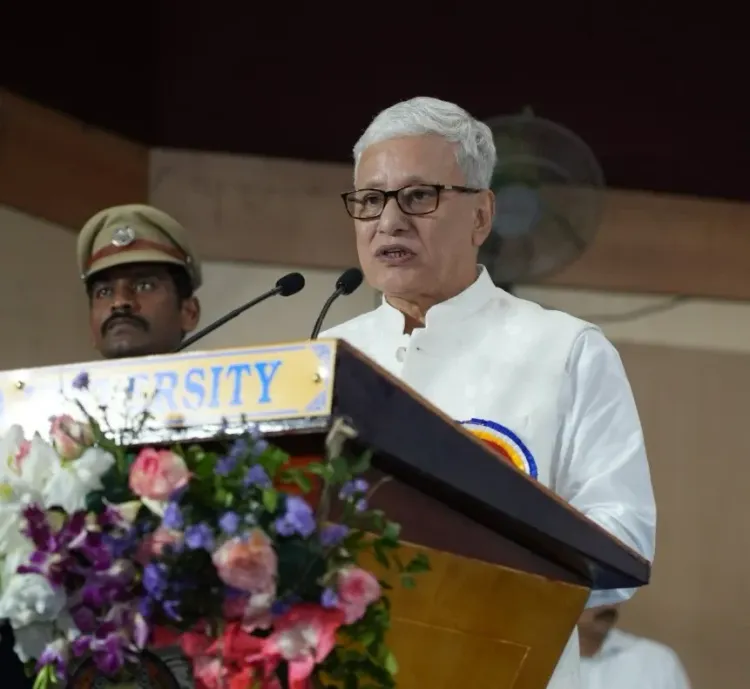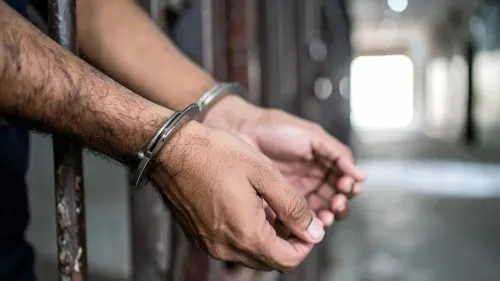Has Telangana Drafted an Ordinance for 42% Backward Class Quota?

Synopsis
Key Takeaways
- The Telangana government is increasing reservations for Backward Classes to 42 percent.
- The draft ordinance modifies the Telangana Panchayat Raj Act 2018.
- The move aims to fulfill promises made during the 2023 elections.
- Current reservations are capped at 50 percent.
- The High Court has set a deadline for finalizing these reservations.
Hyderabad, July 15 (NationPress) The government of Telangana has forwarded a draft ordinance to Governor Jishnu Dev Varma that aims to elevate the reservation for Backward Classes (BCs) in local body elections to 42 percent.
In light of the decision made by the State Cabinet last week, the draft ordinance seeks to modify Section 285A of the Telangana Panchayat Raj Act 2018.
Currently, the Act limits total reservations for Scheduled Castes (SCs), Scheduled Tribes (STs), and BCs in local bodies to 50 percent, adhering to the directives of the Supreme Court.
With the deadline imposed by the Telangana High Court for finalizing reservations in gram panchayats approaching the end of the month, the state government has taken steps to amend the Act through this ordinance.
The proposal, endorsed by the Law Department, was previously approved by Chief Minister A. Revanth Reddy before being sent to the Raj Bhavan for ordinance issuance.
Upon approval from the Governor, the government will finalize the reservation for BCs.
The High Court had set September 30 as the deadline for conducting Panchayat elections, instructing the government to finalize reservations by the end of July.
On July 10, the Telangana Cabinet decided to issue an ordinance to boost the reservation for BCs in local bodies to 42 percent.
This decision was taken by the Congress government to honor commitments made to BCs during the 2023 elections.
In March, the state Assembly passed two Bills aimed at raising reservations for BCs in education, jobs, and local bodies to 42 percent based on a caste census conducted in the state, which were subsequently sent to the Centre for Presidential assent.
Due to the Centre's delay in responding to the state's request for approval of the Bills, the government opted to issue an ordinance to facilitate local body elections with the 42 percent reservation for BCs.
The Cabinet highlighted that, following the Supreme Court's direction, the state government had established a dedicated Commission for BCs and conducted a caste census. These actions led the Assembly to pass the Bills aimed at enhancing the BC quota.
In line with available empirical data, the Cabinet has committed to advancing the 42 percent reservation for BCs.









